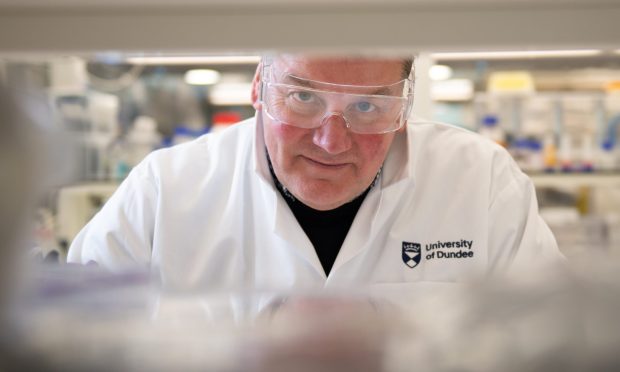New research from Dundee University suggests widespread tuberculosis (TB) is leading to chronic lung disease.
The Tayside scientists worked alongside the Respiratory Research Network of India on the study, which found more than a third of patients who had been successfully cured of TB went on to develop permanent lung damage.
In the most extreme cases, this can lead to large holes in the lungs and a widening of the airways.
The study’s lead author, Professor James Chalmers said the study showed TB was still a major health concern.
He said: “TB is a curable condition with antibiotics and great steps forward have been made towards eliminating TB.
“But this study is a wake up call because even if we manage to eliminate all TB worldwide tomorrow, we are going to be left with a legacy of chronic lung damage.”
Prof Chalmers said health authorities must step up their efforts to diagnose and treat TB. He warned failure to do so could lead to one epidemic being replaced by another.
The Dundee University scientists, along with doctors in Indian hospitals and medical centres, reached their results from studying 2,195 patients from 14 Indian states.
The World Health Organisation’s Global TB Report 2018 suggests 2.8 million people in India have contracted TB. This equates to one-quarter of all cases worldwide.









